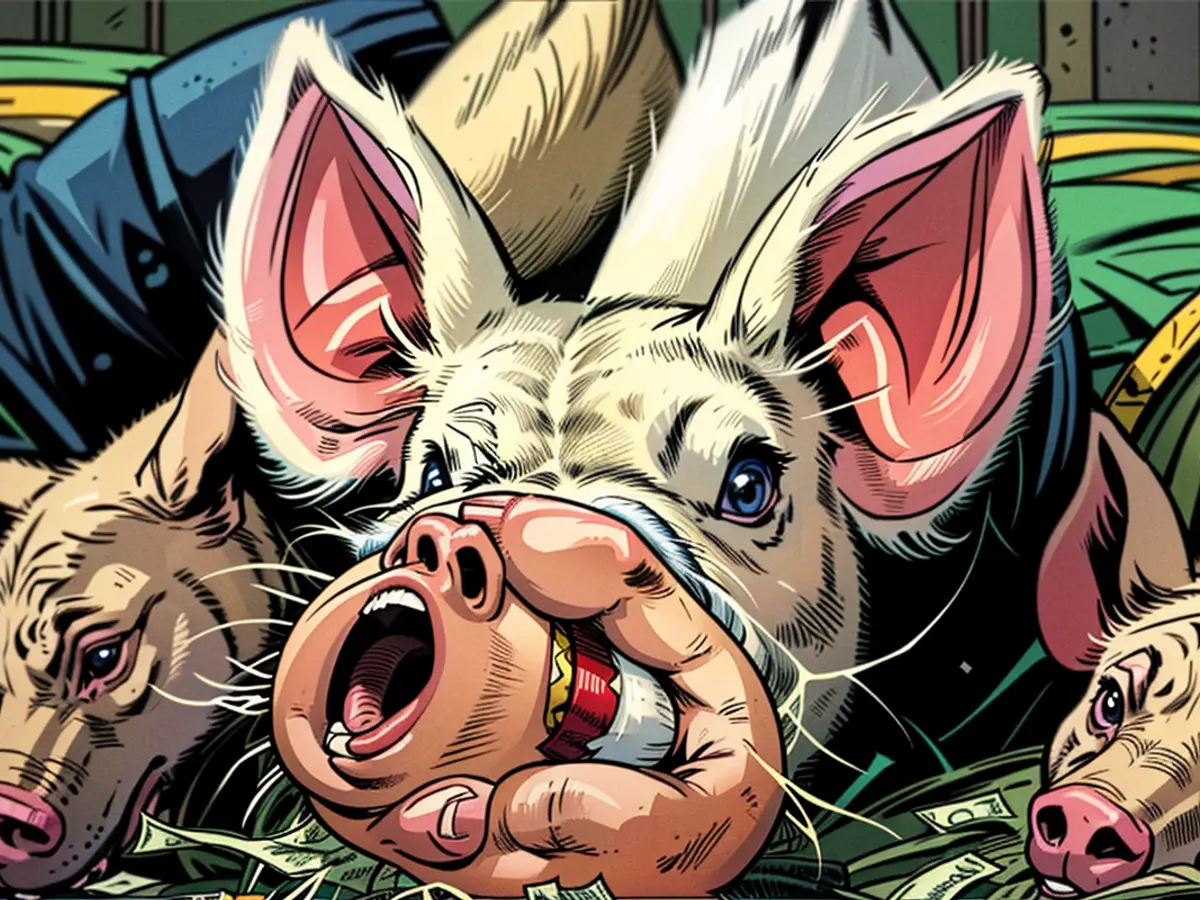Subsidies - 2.9 million euros for the welfare of pigs and cattle
For consideration of the well-being of pigs and cattle in farming, the Agriculture Ministry is allocating approximately 2.9 million Euro in funding. "Agricultural businesses want to meet rising social expectations and develop livestock farming in a more animal-friendly way," says Agriculture Minister Susanna Karawanskij (Left). With the corresponding funding guideline for animal welfare, the Ministry is supporting the transformation of living conditions.
Most of the funds, totaling 2.3 million Euro, go to 44 farms that have created more space for pigs, for example, in stalls and outdoor areas. 333,000 Euro go to 59 farms that have allowed cows to graze in a natural summer pasture with daily grazing in the past year.
Additionally, the Ministry is paying out around 257,000 Euro in funding for the preservation of native livestock breeds that are at risk of extinction. "With this, we are making our contribution to preserving rare, native livestock breeds such as the Rhön sheep, Thuringian Forest sheep, and German saddle pig," says Karawanskij.
Rising production costs have presented economic challenges for livestock farmers. The funding is intended to prevent local farms from being abandoned or relocated abroad according to the Minister.
The subsidy money, allocated by the BMELV and led by Minister Susanna Karawanskij, is primarily focused on Erfurt, with a significant portion going towards improving the living conditions of animals in local agriculture, such as pigs and cows. These improvements include providing more space in stalls and outdoor areas for pigs, and allowing cows to graze in natural summer pastures. Moreover, subsidies are also provided for preserving endangered livestock breeds, like the Rhön sheep and Thuringian Forest sheep, which are indigenous to Thuringia. The ultimate goal is to ensure the well-being of animals, safeguard local agriculture, and avoid economic challenges due to rising production costs, thereby maintaining the beef industry in this region.








